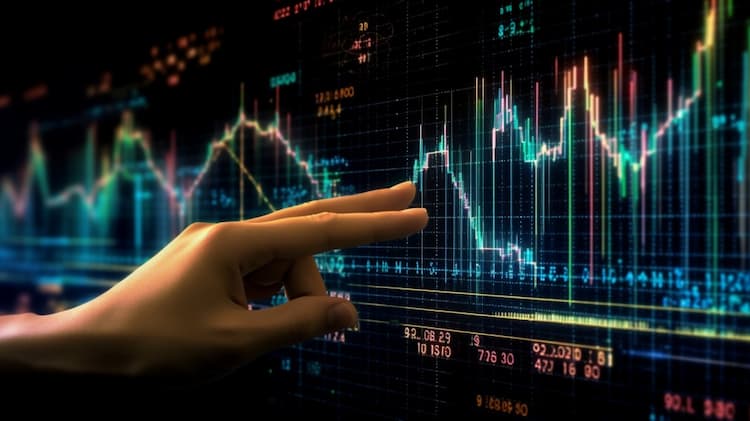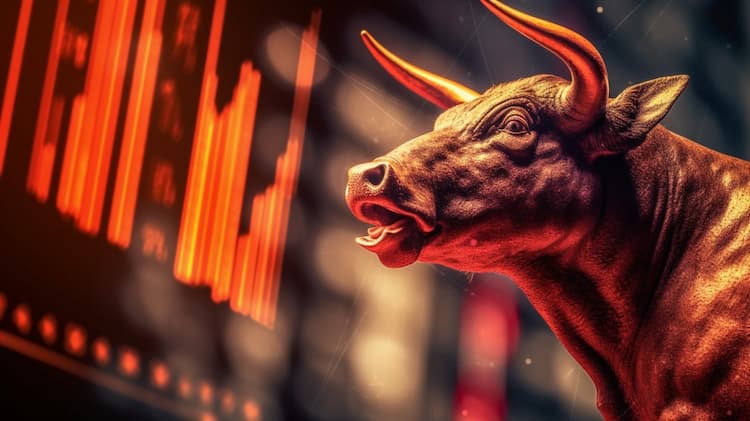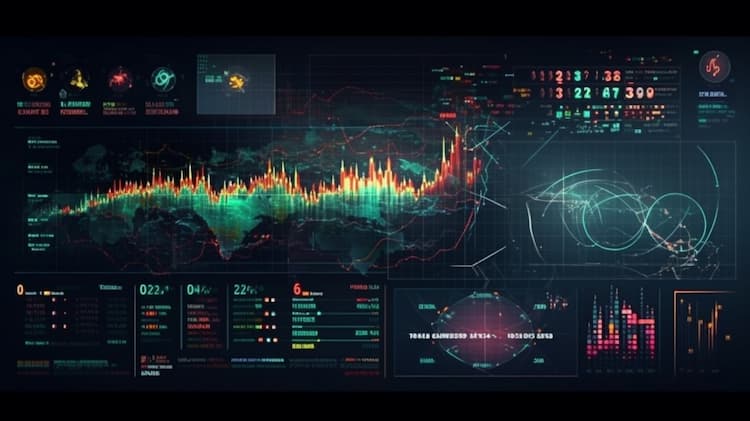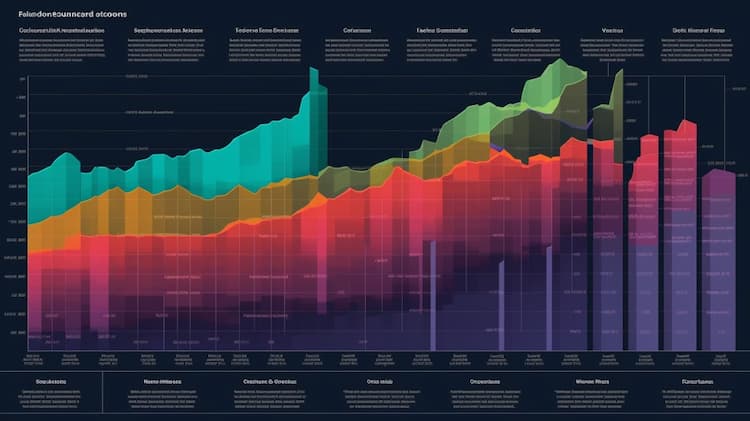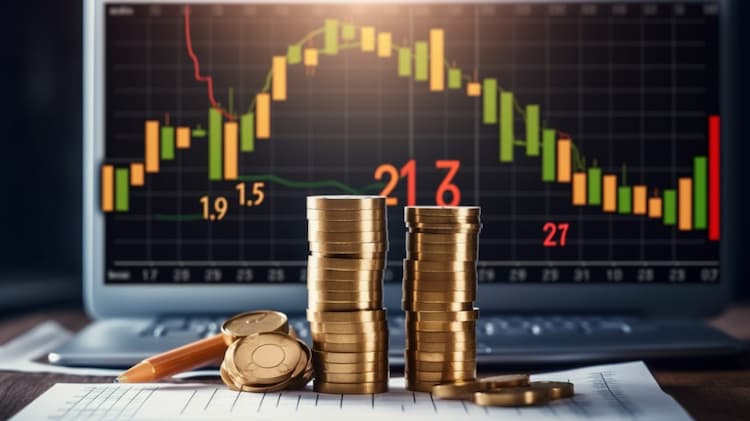
EWG VS DAX: A Comprehensive Comparison of ETFs
Exchange-Traded Funds (ETFs) have become an integral part of modern investment strategies, offering diversified exposure to various markets and industries. In this article, we'll conduct an in-depth comparison between two prominent ETFs: EWG (iShares MSCI Germany ETF) and DAX (DAX 30 ETF). We'll explore their tickers, full names, issuers, sectors, top holdings, capitalization, investment strategies, tracking methods, and exposure to provide a comprehensive understanding of these ETFs.
EWG VS DAX: Overview
EWG and DAX represent distinct approaches to investing in the German market. While both ETFs are tied to the German economy, they differ in terms of their underlying assets. EWG seeks to track the performance of the MSCI Germany Index, offering exposure to a broad range of German equities. On the other hand, DAX tracks the DAX 30 Index, which comprises the 30 largest and most liquid companies listed on the Frankfurt Stock Exchange. Understanding the scope and focus of these ETFs is crucial for investors considering exposure to the German market.
EWG VS DAX: Sectors and Top Holdings
EWG provides exposure to various sectors of the German economy, including industrials, consumer goods, finance, and technology. Its top holdings include companies like SAP SE, Siemens AG, and Allianz SE. DAX, being tied to the DAX 30 Index, is heavily influenced by sectors such as automotive, pharmaceuticals, and technology. Investors analyzing sector allocation and top holdings can make informed decisions about which ETF aligns better with their investment goals and risk appetite.
 EWG overlap EWG VS DAX: A Comprehensive Comparison of ETFs
EWG overlap EWG VS DAX: A Comprehensive Comparison of ETFs
EWG VS DAX: Capitalization and Investment Strategy
The iShares MSCI Germany ETF (EWG) boasts a substantial asset under management (AUM), reflecting its popularity among investors seeking exposure to the German equity market. Its investment strategy revolves around replicating the performance of the MSCI Germany Index, which includes a wide range of German companies. DAX, as a tracker of the DAX 30 Index, emphasizes larger companies in terms of market capitalization. Understanding the differences in capitalization and investment approach can help investors tailor their portfolios to their desired exposure.
EWG VS DAX: Tracking and Exposure
EWG and DAX use different methods to provide exposure to the German market. EWG tracks an index that covers a broader spectrum of German companies, while DAX specifically focuses on the 30 largest players in the market. The tracking mechanisms and methodologies employed by these ETFs impact the correlation between their performance and the underlying index. Investors interested in the nuances of tracking and exposure can use this information to align their investment choices with their strategies.
Conclusion
EWG and DAX offer investors distinct pathways to gain exposure to the German equity market. As you consider these ETFs, it's important to delve into their underlying assets, sectors, top holdings, capitalization, investment strategies, tracking methods, and overall exposure. For those looking to explore deeper insights, including holdings, correlations, and overlaps, utilizing resources like ETF Insider can provide valuable information. With its user-friendly app, ETF Insider enables investors to make well-informed decisions based on detailed analyses of various financial instruments.
Disclaimer: This article is for informational purposes only and does not provide any investment advisory services.
Sources:
EWG ETF issuer
EWG ETF official page
EWG quote and analysis
Discover the top holdings, correlations, and overlaps of ETFs using our visualization tool.
Our app allows you to build and track your portfolio.
To learn more about the EWG iShares MSCI Germany ETF, access our dedicated page now.
